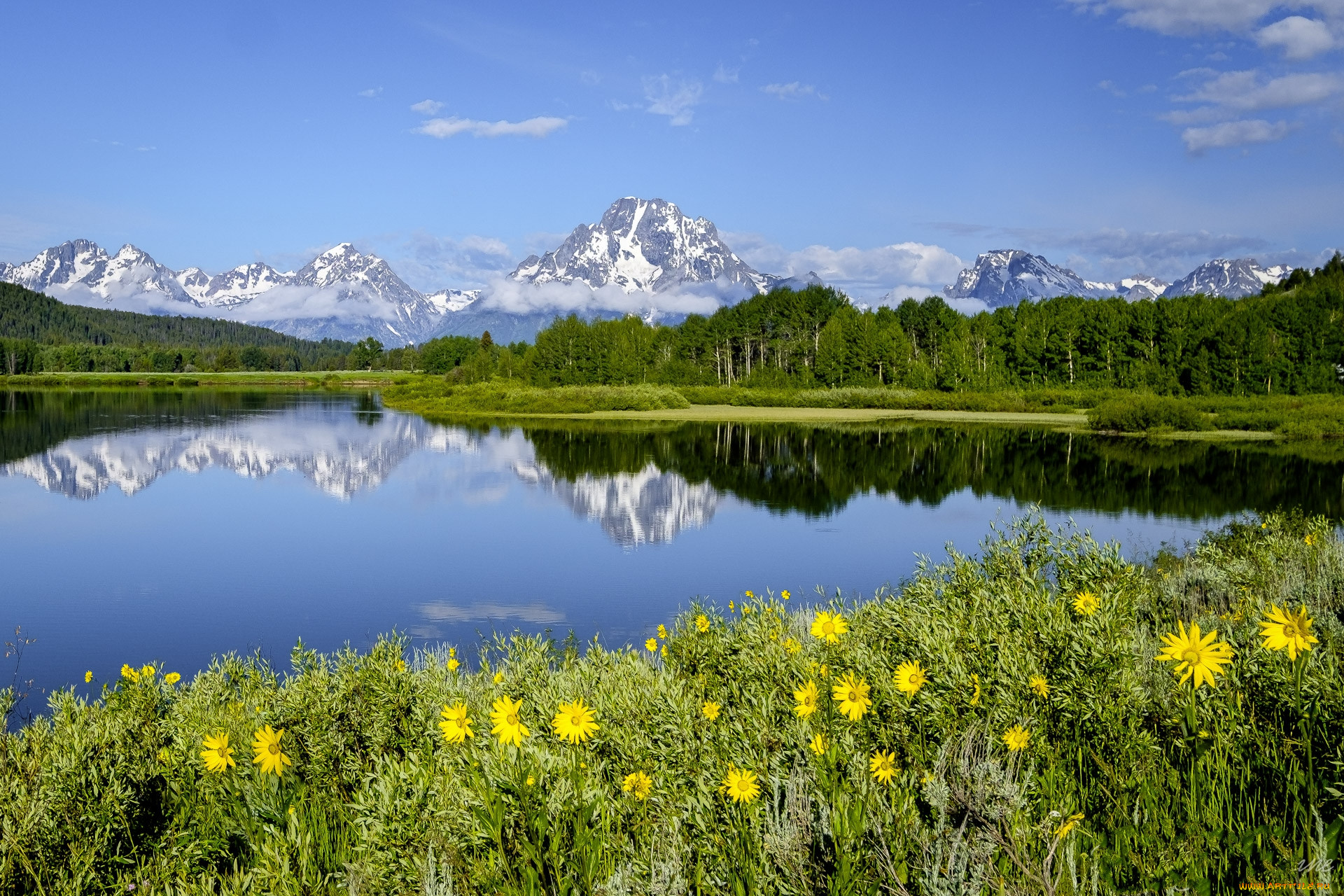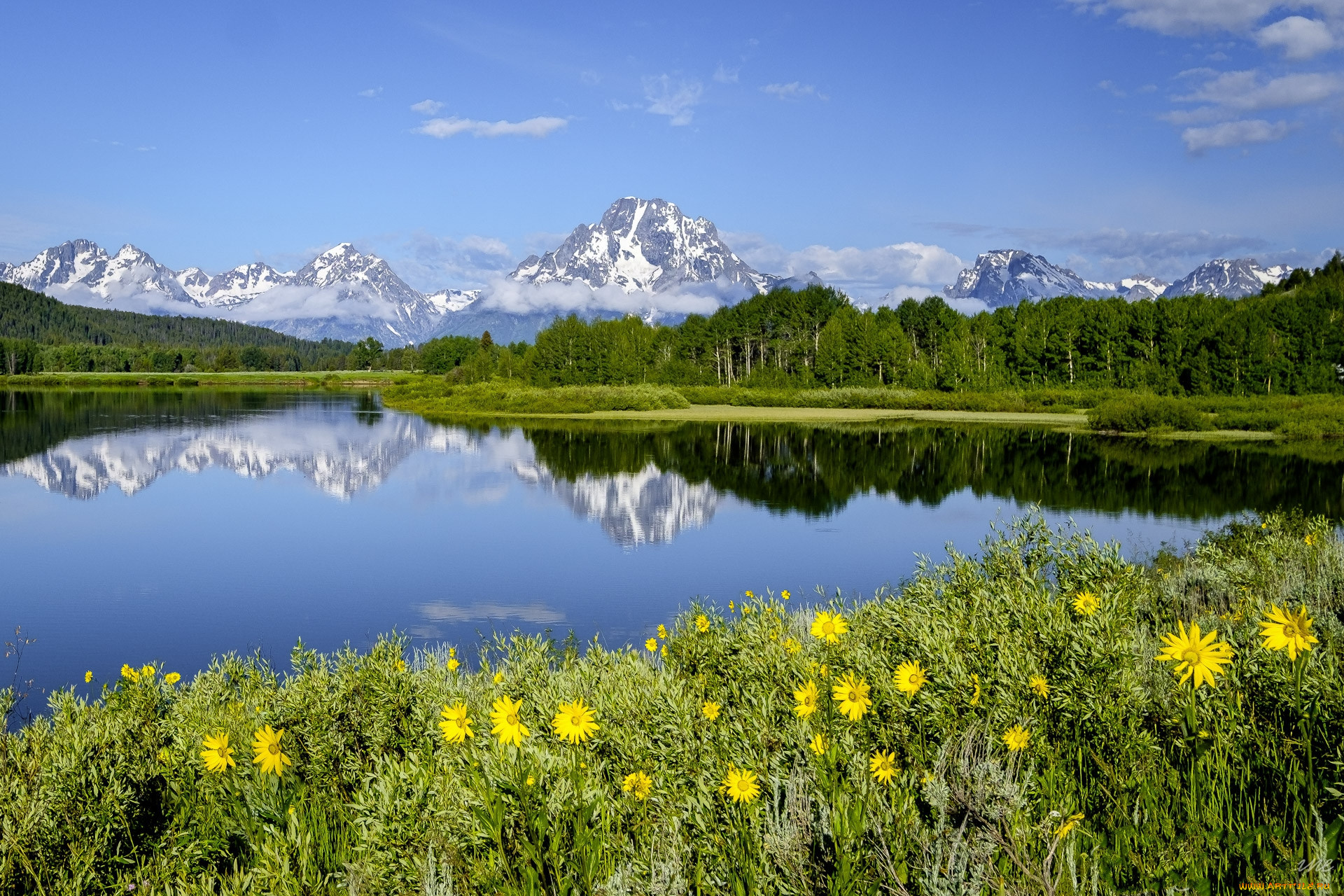 Photo by: Vladimir Vladimirov/ iStock
Photo by: Vladimir Vladimirov/ iStock
The circular economy, to which many countries are now trying to shift, is based on an understanding of the damage unreasonable human activity causes to nature and the climate. Many countries are trying to influence the situation by closing production cycles, inventing new chains, recycling waste.
However, as is known, “clean where you don’t litter”. The more sustainable humanity is with resource consumption from the outset, the less effort it will take to recycle the remaining waste (especially since waste is also a resource, as we now understand).
Someday we will learn to meet our needs without harming nature, its biosystems and future generations. For the time being, this has not yet been accomplished. We have to compensate for accumulated damage, adapt to climate change, reduce greenhouse gas emissions to limit global warming, and learn to manage sustainably, i.e. energy- and resource-efficiently. And this applies to the consumption of individuals, families, households, industries, businesses of all kinds, and the building, transport and urban sectors in general.
Cover photo: Timbicus / iStock








Comments